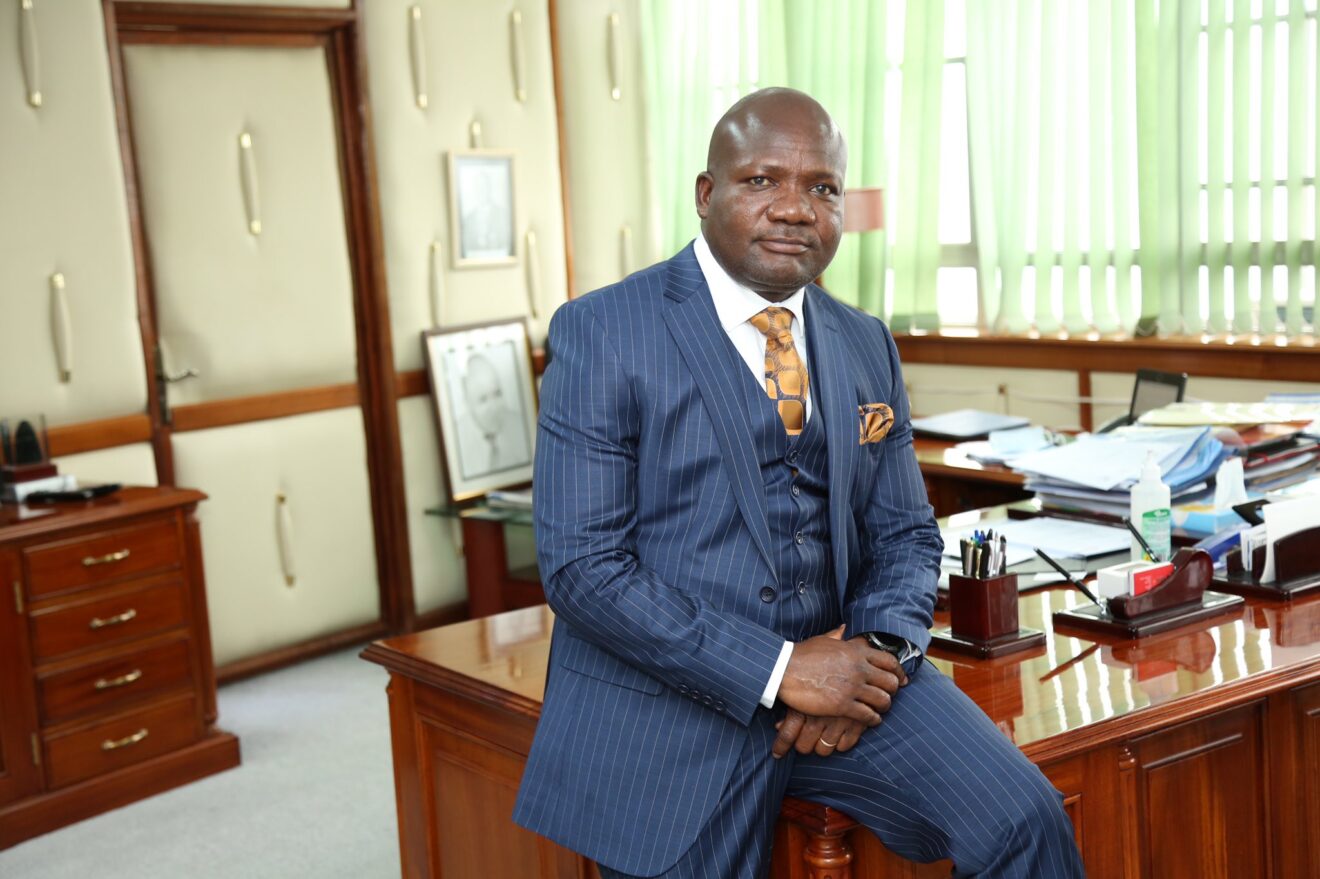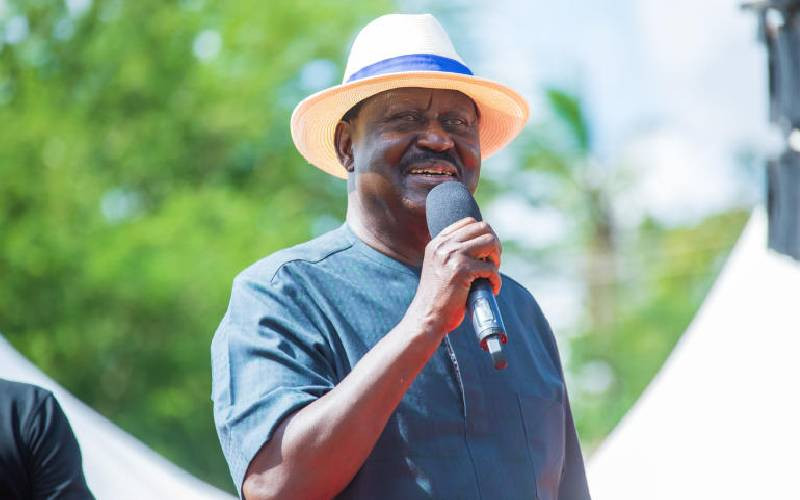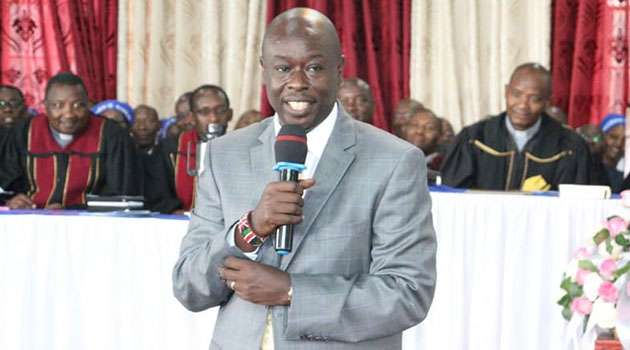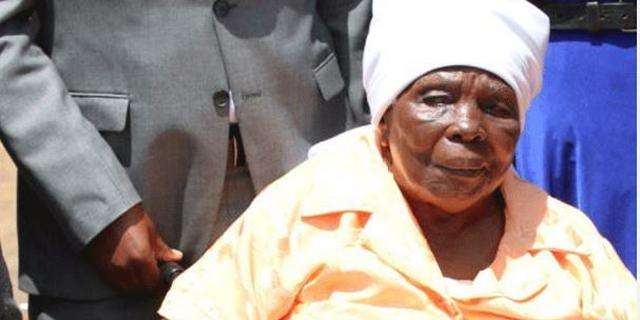As the 2027 general elections approach, Kakamega Governor Fernandes Barasa is navigating a political crisis that could end his career, driven by waning support from his own ODM party and growing public dissent over unfulfilled promises. Barasa’s governance challenges, intensified by internal ODM conflicts and accusations of poor county management, have placed him at the centre of an impeachment rumour mill.
The escalating tension highlights ODM’s internal rifts. Senior party officials, notably Senator Godfrey Osotsi of Vihiga, have criticized Barasa’s leadership style as “divisive,” accusing him of alienating his base by sidelining influential figures like former Governor Wycliffe Oparanya and Woman Representative Elsie Muhanda. These leaders, once instrumental in his election, now vocally oppose him, with Muhanda even declaring her candidacy for the governorship. ODM’s Deputy Party Leader Osotsi publicly rebuked Barasa for disregarding the party’s manifesto, claiming he engages in “lone-ranger” tactics that undermine the leadership.
Barasa’s feud with ODM seems equally influenced by his alleged attempts to consolidate power. He reportedly bypassed local MPs and grassroots leaders to expand ODM’s influence by opening party offices, a move that party loyalists, including Muhanda, argue is unconstitutional and exclusionary. Such grievances have intensified speculation about a potential “ODM B,” a splinter faction within Kakamega that could split the party’s local support base, challenging Barasa’s authority and undermining his grip on the party ahead of 2027.
Meanwhile, Speaker James Namatsi, a close Barasa ally, is accused of impeding impeachment motions against the governor. ODM loyalists claim he blocks efforts to initiate proceedings against Barasa, cementing his status as a “stooge.” An anonymous MCA noted that ODM is now focused on removing Namatsi to clear the path for Barasa’s impeachment, further complicating the county’s governance stability.
In a separate critique, Khwisero MP Christopher Aseka has rallied constituents to reconsider paying county taxes in light of the alleged neglect of local infrastructure. Aseka, dismayed by the lack of visible development despite revenue collections from the area, suggests that the national government has borne the brunt of Khwisero’s growth. His remarks were met with cheers from locals who voiced dissatisfaction with the county’s use of their tax contributions, highlighting the sense of disenfranchisement and lack of return on investments in local infrastructure such as roads, hospitals, and markets.
Aseka’s demand for accountability underscores a growing call for reforms. He urged Barasa to demonstrate that county revenue is being used to benefit the people, hinting at broader frustrations and dissatisfaction within the county. The political landscape in Kakamega is shifting rapidly, with every statement from local leaders signalling a deeper disconnect from Governor Barasa’s administration.
The next steps in Kakamega will not only shape Barasa’s legacy but could also set the stage for ODM’s internal unity ahead of the 2027 elections. As it stands, Kakamega’s political climate appears divided, with numerous stakeholders from grassroots MCAs to national figures actively questioning Barasa’s authority and effectiveness, suggesting that his governance will face continuous scrutiny as election season nears.





